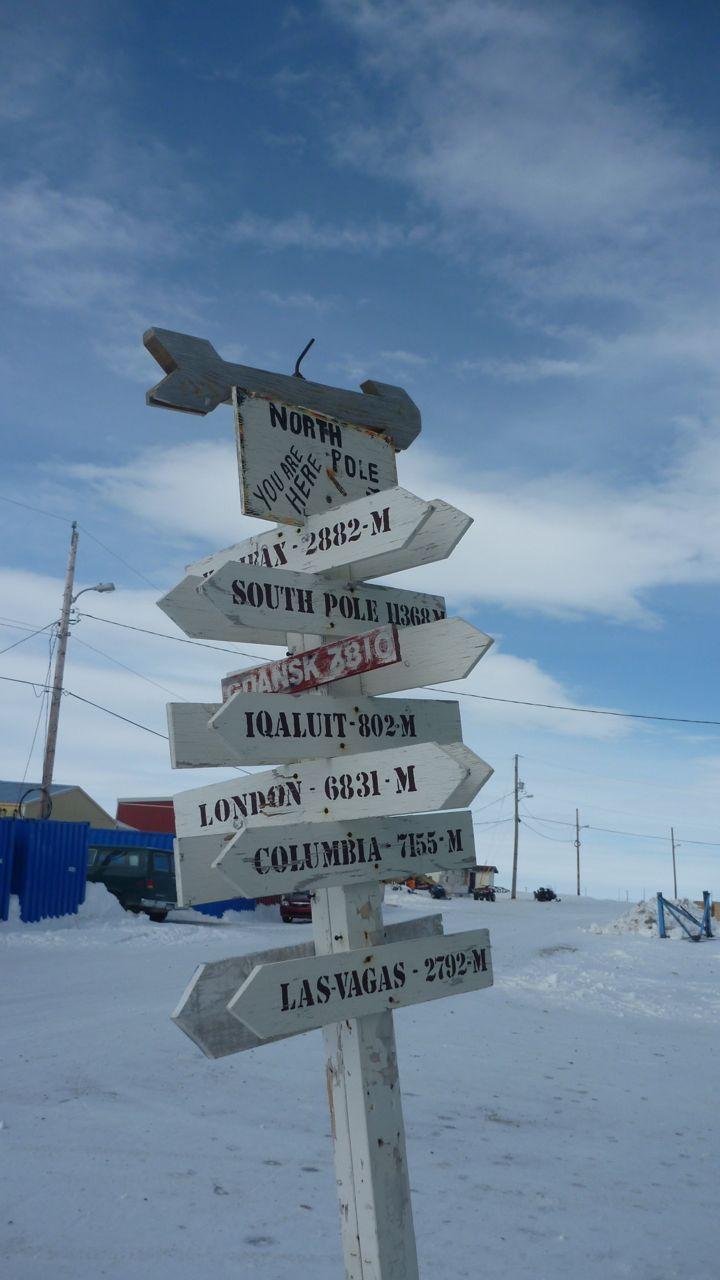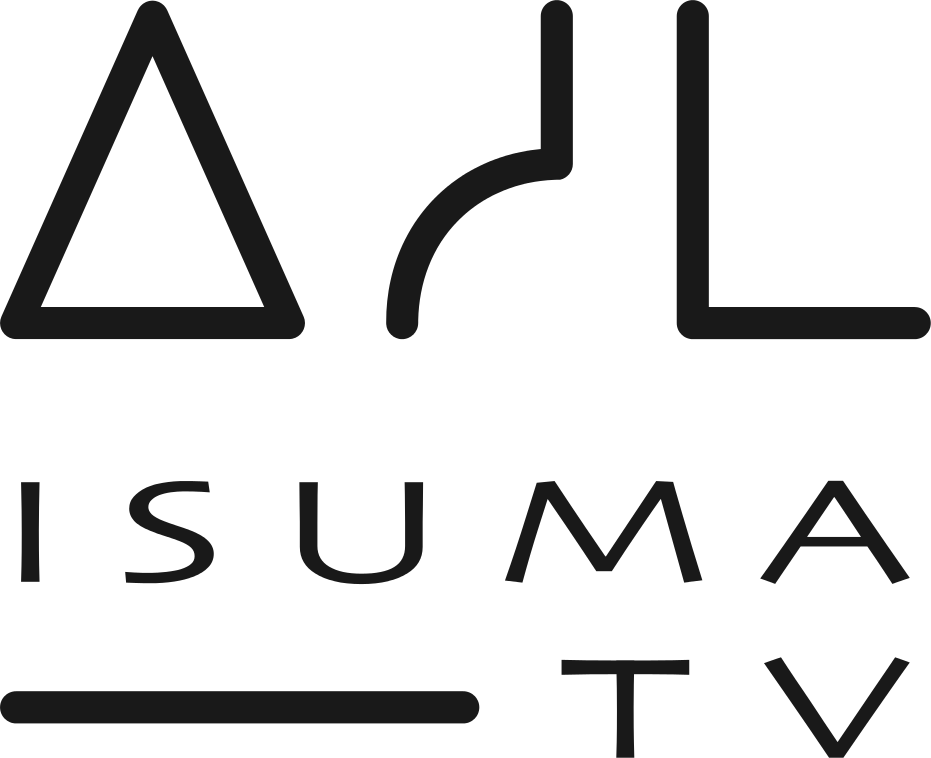
The Doctor Who Cannot Heal
We made our presentation to Resolute Bay's Hamlet Council last night. Zacharias took the lead, introducing our project in Inuktitut, and outlined how we plan to include the community in the overall process. The municipality was very excited and supportive of this Inuit-focused project.
When describing my involvement as a co-leader of the project, Zacharias characterized me as "the doctor who cannot heal", which is the best way to describe a research academic in Inuktitut. We laughed afterwards, as this was clearly a promotion in comparison to the other Inuktitut names I have been given in jest by our crew on this trip, which I won't get into now.
As a qallunaat - "white person" - working on this Inuit-focused film/research, one needs to approach the project with humility. Indeed, this whole process of learning from Inuit elders and hunters is a real role reversal; despite my having a doctorate in environment and geography, it's clear that I am no expert in comparison to people who have lived on the land observing changes in the natural world for their entire lives.
Interestingly, Resolute Bay is a centre for research on climate change, with academics coming from all over the world to study wildlife, sea ice and weather. For the most part, much of the climate change research being carried out in the Arctic is technical and science-based, and communities themselves are often overlooked as being important knowledge holders.
However, some scientists are beginning to recognize the importance of local knowledge in the climate change debate, such as Dominique Berteaux, a Canadian Research Chair wildlife biologist at Universite du Quebec a Rimouski. We interviewed Dominique yesterday and he talked about how Inuit hunters and trappers have enriched his understanding of Red and Arctic fox populations, specifically how their distribution and abundance are affected by climate change. We learned that as the Arctic is warming Red fox is moving northward and is outcompeting and adversely affecting the Arctic fox, an occurrence observed by scientists and hunters alike.
By exploring this crossroads of knowledge, listening to both Inuit and scientific perspectives, we are documenting climate change impacts in a holistic way. We hope that this work will offer new insights and facilitate social change, allowing Arctic communities and their land to overcome climate change challenges, which might lead to true healing.
















